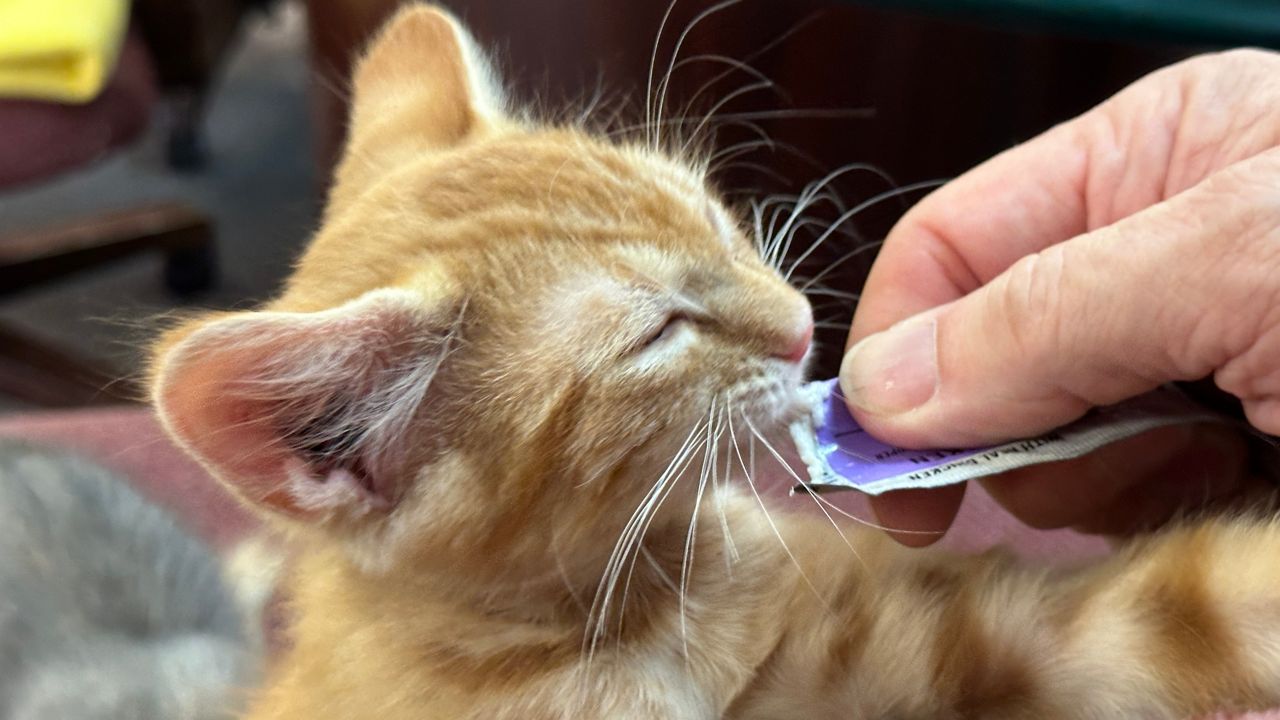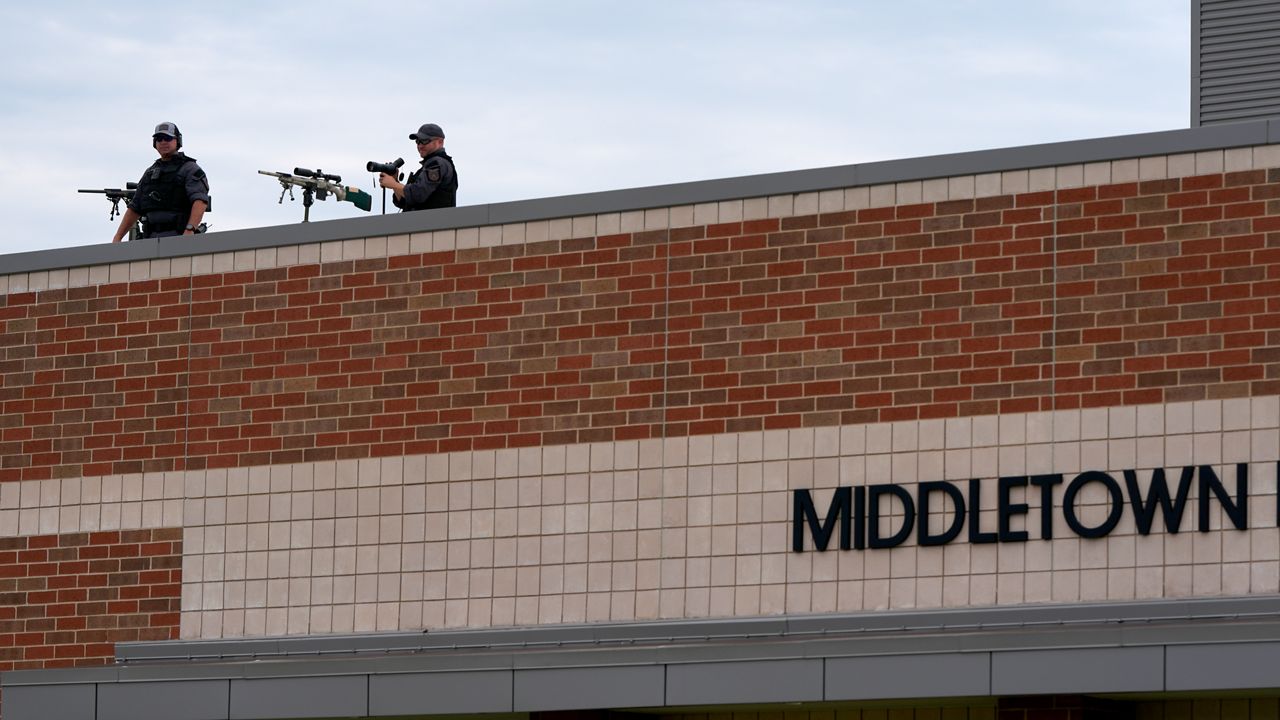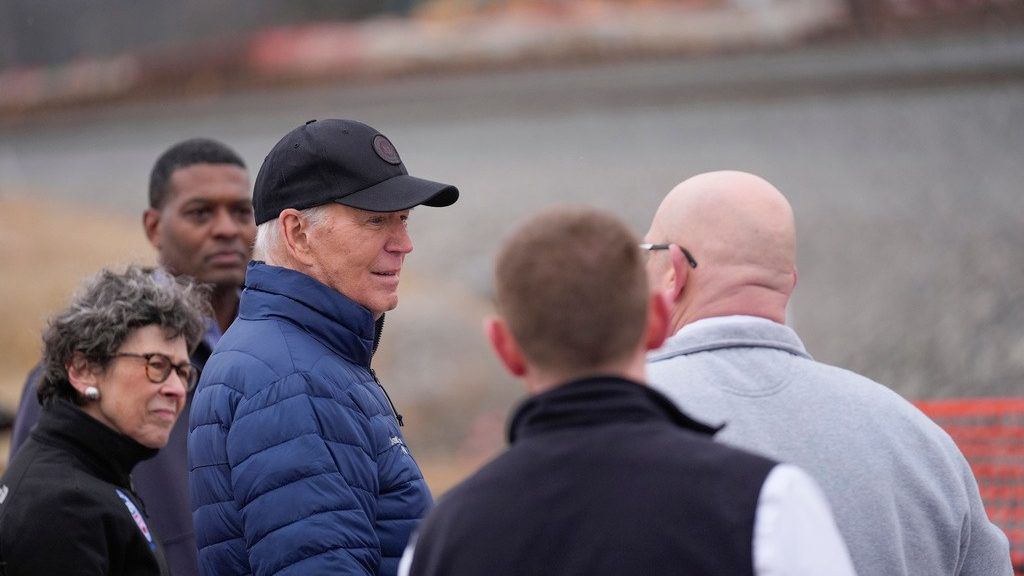COLUMBUS, Ohio — White-tailed deer in Ohio tested positive for COVID-19, according to the USDA.
"We regularly test those animals to make sure if transmission is happening. If it's happening in the wild, could those types of diseases come into contact with livestock? Or in this case, the question is could they come into contact with humans," Spectrum News 1 agriculture expert Andy Vance said.
Vance and Spectrum News 1 anchor and reporter Chuck Ringwalt discussed the findings during the Ag Report Friday.
"Do we know how they were infected?" Ringwalt asked.
"That's the challenge. Right now, we don't," said Vance. "Most of the animal populations that have become infected now — deer are not the first animals to become infected with COVID-19 — dogs, cats. There's quite a lot of mink that have been depopulated at farmed mink ranches around the world because they were the ones that really got hit hard. Tens of thousands of mink have been destroyed because of infection with COVID-19 and typically the route of infection is from human to animals."
Between January and March, the Ohio State University College of Veterinary Medicine collected deer samples. The samples were tested at the National Veterinary Services Laboratories.
"The question here is how it got from people to deer or if it's spreading from deer to deer. Right now, it's important to know of course. The big issue is that we're not seeing it spread from animal to human. It's been more human to animal in this case, so far," Vance said.
Deer hunting season runs from September through February.
"What's the USDA saying about whether or not the virus could spread from animal to human?" Ringwalt asked.
"The USDA has been very clear that at this point there is no evidence. For example, if I were out hunting and let's say I bagged a deer and I decide I wanted to put that meat in the freezer to have for the family — no concern whatsoever of the virus transmitting by consuming the meat, which makes sense considering this is a viral disease. It's spread through those nasal droplets. Also very little evidence, almost no evidence that would indicate transmission from the animal to the human," Vance said.
Earlier studies showed deer can be infected with the COVID-19 and some wild deer had antibodies to the virus, according to the USDA.










